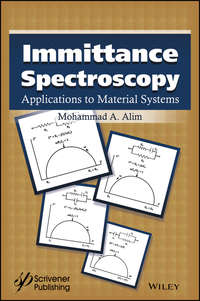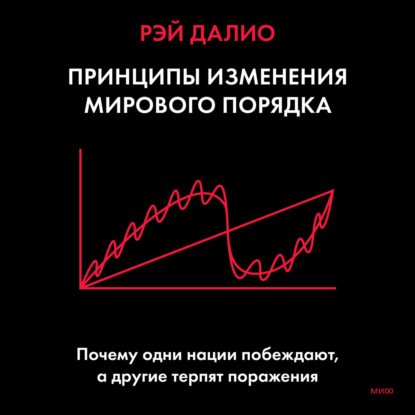Mohammad A. Alim - Immittance Spectroscopy

This book emphasizes the use of four complex plane formalisms (impedance, admittance, complex capacitance, and modulus) in a simultaneous fashion. The purpose of employing these complex planes for handling semicircular relaxation using a single set of measured impedance data (ac small-signal electrical data) is highly underscored. The current literature demonstrates the importance of template version of impedance plot whereas this book reflects the advantage of using concurrent four complex plane plots for the same data. This approach allows extraction of a meaningful equivalent circuit model attributing to possible interpretations via potential polarizations and operative mechanisms for the investigated material system. Thus, this book supersedes the limitations of the impedance plot, and intends to serve a broader community of scientific and technical professionals better for their solid and liquid systems. This book addresses the following highlighted contents for the measured data but not limited to the:– (1) Lumped Parameter/Complex Plane Analysis (LP/CPA) in conjunction with the Bode plots; (2) Equivalent circuit model (ECM) derived from the LP/CPA; (3) Underlying Operative Mechanisms along with the possible interpretations; (4) Ideal (Debye) and non-ideal (non-Debye) relaxations; and (5) Data-Handling Criteria (DHC) using Complex Nonlinear Least Squares (CNLS) fitting procedures.









